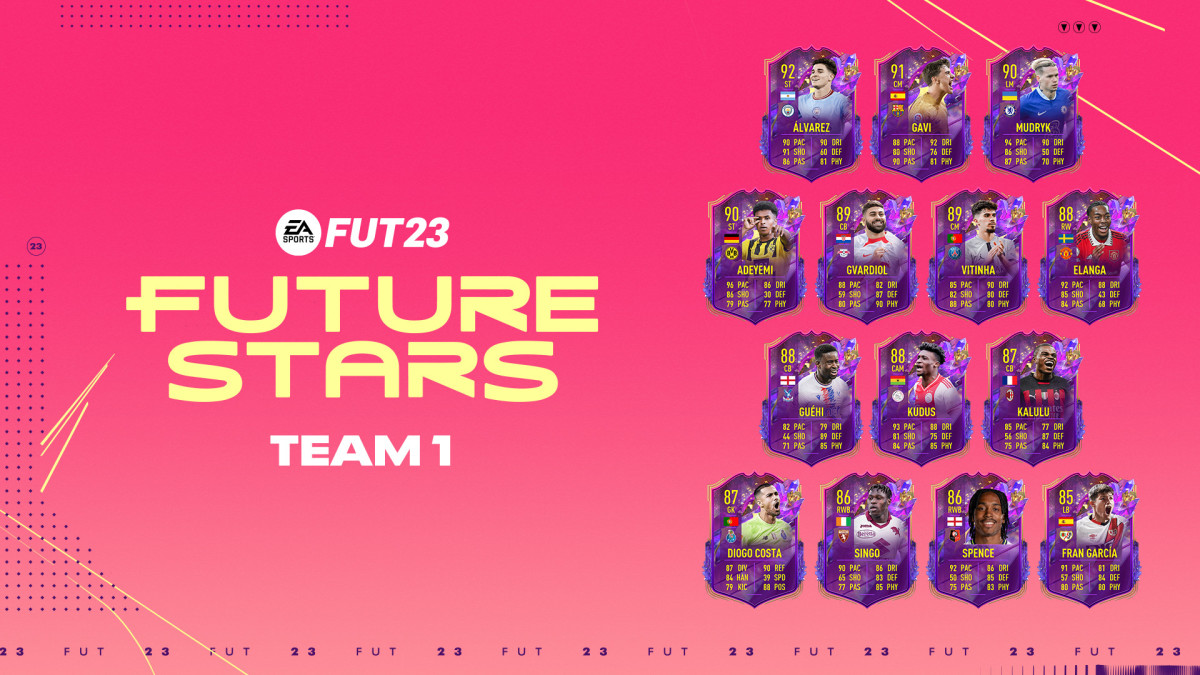FIFA Ultimate Team packs are “illegal gambling”, Austrian court rules

FIFA Ultimate Team packs, FUT packs for short, are “illegal gambling” according to a ruling made by an Austrian court on February 26, 2023. EA Sports and the FIFA series have been at the center of the lootbox debate in Europe for years, with FUT’s luck-based card packs being discussed controversially in the public as well as in front of courts all over the continent.
In this case, a 17-year old Austrian filed a lawsuit against Sony, asking to get a refund on FIFA in-game purchases worth €338.26. Sony was the company being sued because the purchases were made via the PlayStation Store, in case you’re a bit confused why the case wasn’t brought against EA as the developer and publisher of FIFA.
Since the content of a FUT pack is based on chance and can potentially be resold on an external market for profit, they fall under Austria’s gambling laws, the regional court at Hermagor ruled.

Gambling is heavily regulated in Austria, just like in many other European countries, so anyone offering games of chance that fall under the nation’s gambling laws must apply for a legal license as a gambling business. Sony does not have such a license, which in the opinion of the court means that any contracts made between Sony and anyone who’s purchased FUT packs via the PS Store are non-binding – hence the company should comply with the refund request.
Sony can appeal this ruling and take it to a higher court, where the decision could be overturned.
This preliminary ruling may already be enough to kick off a wave of similar lawsuits, however. Padronus, a company specializing in bankrolling the Austrian pendant to class-action lawsuits and also the financier of this recent case, stated that “a four-digit number of FIFA users” had already contacted the company. Their claims are worth €800 on average, with the highest being €85,000.
Richard Eibl, the Managing Director of Padronus, said: "The ruling is a wake-up call for the entire video game industry.” Though he called it a landmark case for both Austria and Germany, Eibl is expecting Sony to appeal the decision and seek to overturn it at a higher court: “The final outcome remains to be seen, of course, as the case will probably go through the courts, but Sony and several other gaming companies should start to dress warmly from now on."
“In terms of staging the purchase process of the loot boxes, Sony is strongly inspired by conventional games of chance. Audio-visual enticement elements such as fireworks effects are used to trigger a dopamine output in predominantly male youths. It was only through discussions with our customers that we realized how enormously addictive the FIFA packs are and how pathological the buying behavior of some of the players is,” Eibl concluded.
Lawyer Michael Linhard, who represented Padronus’ client, stated: “This ruling points the way forward for dealing with loot boxes and shows that video games are not a lawless space.”
Courts in Belgium and the Netherlands have previously fielded similar arguments as this one in Austria, though what makes this ruling so potentially critical is that Austria’s gambling laws and legal system are very close to Germany’s. Germany is a huge market for FIFA and a similar decision there could have a ripple effect on the entire European Union’s view on this matter.
